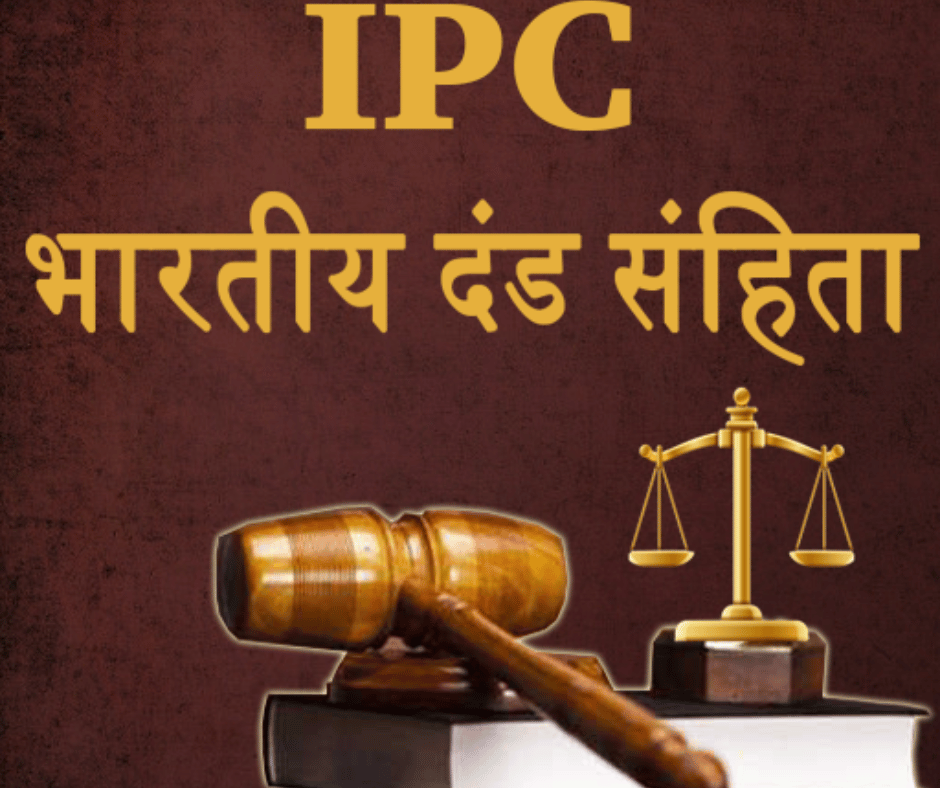
Law students, professionals, and even the curious lot who want to understand the Indian legal framework need to know that it is moulded by three main codes:
- the Indian Penal Code (IPC),
- the Code of Criminal Procedure (CrPC), and
- the Code of Civil Procedure (CPC).
Every code plays a crucial role in maintaining discipline and bringing fair justice. These three most important parts of Indian law deserve a bit more scrutiny.
Indian Penal Code (IPC)

The Indian Penal Code (IPC) was drafted in 1860 during British colonial rule. A statute of criminal law, it is the main criminal code in India. It includes the definition of offences and punishments related to them. It describes what amounts to a criminal offence in India, including offences such as theft, murder, rape, and defamation.
For instance; Section 302 of IPC is for murder. In the event that somebody is held to be a killer under Section 302, he will be either detained forever or given the death penalty depending on what the court decides. If we take another example, Section 378 gives the definition of theft, where again it provides punishment as imprisonment or a fine or both.
IPC is the pillar in the Indian law and order system and any person who violates this code is considered accountable for it and is given the punishment defined for the said offence.
The law is broken down into 23 chapters, with a total of 511 sections specifying the different types of crimes and their punishments. The IPC is extremely important to the Indian legal framework as it lays down the vital principles needed in any criminal case and guarantees a uniform approach to the handling of crime across the nation.
Code of Criminal Procedure (CrPC)
While the IPC explains what constitutes a crime and its punishments, the Code of Criminal Procedure (CrPC) which has been enacted since 1973 lays down procedure (due process by some parlance) to be followed during a criminal trial. The CrPC is a procedural law that governs the structure and rules for the police, prosecution and judiciary on time they take over crime cases to methods of filing F.I.R (First Information Report) to investigation, arrest, trial until judgment.
The CrPC is an essential component of the Indian legal framework when it comes to administering justice in a lawful manner. For example, it determines whether and how the police investigate their cases, finds evidence in certain places, how the trials are conducted etc. It is an extensive law, consisting of 37 chapters and 484 sections, providing a systematic approach to criminal cases.
Another important feature of the CrPC is that it provides for victim’s rights as well, like the right to be informed about the progress of investigation. The criminal justice system in India would be devoid of any procedural framework to protect the accused and ensure fair trials, without the CrPC.
Code of Civil Procedure (CPC)

The Code of Civil Procedure (CPC) came into being in 1908. It regulates civil litigation in India. It prescribes the rules and standards of commencing and prosecuting civil suits which deal with non-criminal acts of parties and their duties and rights concerning disputes relating to property, contracts, family problems including divorce, etc. The CPC sets forth the steps to be taken by a plaintiff and defendant so that civil cases are processed expeditiously.
For instance, in a real estate litigation, it sets out how the action is to be commenced, how facts must be proven, and what steps must be taken by the court to resolve an issue. It has 158 sections and 51 orders which are the procedural rules of practice that give a step-by-step guideline on how the different types of civil cases have to be dealt with.
The CPC forms the foundation of the Indian legal framework for all civil proceedings, ensuring that they are done uniformly, both parties in the dispute are able to put forth their cases in the fairest possible manner and that justice is administered openly and equally.
The Role of IPC, CrPC, and CPC in the Indian Legal Framework
To ensure the fair delivery of justice, Indian law works in harmony with the IPC that defines various offences and their punishments according to procedures defined in the CrPC for criminal cases and the CPC for civil matters. While each of these codes serves a separate purpose, they are used in tandem to make up the complete Indian legal framework.
In short:
- IPC defines crimes and their punishment.
- The CrPC sets out the procedure to be followed in criminal cases, from investigation to trial.
- The Civil Process Code (CPC) governs how civil cases must be litigated to comply with procedural due process.
These three codes are the pillars of the Indian legal system and call for an organised, legal way to solve both civil and criminal cases.
Importance of Understanding the Indian Legal System

For any law student or professional, it is important to know the basic differences between Criminal and Civil laws – along with key points of IPC vs CrPC vs CPC. These codes are the major framework of Indian law to make it easy to guide and control various and complicated issues of legal disputes in India.
When one knows these legal codes, it is easier for students and practitioners to handle the legal landscape while also participating significantly in the justice system.
Indian legal system is quite extensive but it rests on a well-organised system of substantive and procedural laws. As discussed above, the IPC contains provisions relating to the definition and punishment of offences, whereas the CrPC contains various procedural provisions aimed at ensuring justice is done in criminal cases (and likewise for CPC on civil matters).
Conclusion
Therefore, it is clear that the Indian legal framework amalgamates all these various acts into a well-thought system that guarantees justice in both procedural and fair manner. IPC takes care of the type of crimes; CrPC deals with how criminal cases are to be procedurally followed; and CPC governs the procedure for civil suits. And these are the codes that ensure that India does not turn into a lawless nation.
So, law students and those wanting to know about the Indian legal set-up need to have knowledge of these three key codes. They are the base of Indian Law which helps keep law, order, and justice working systematically. By studying them in detail, one can understand the nuances and the beauty of Indian law along with gaining an upper hand while working in any legal profession.




